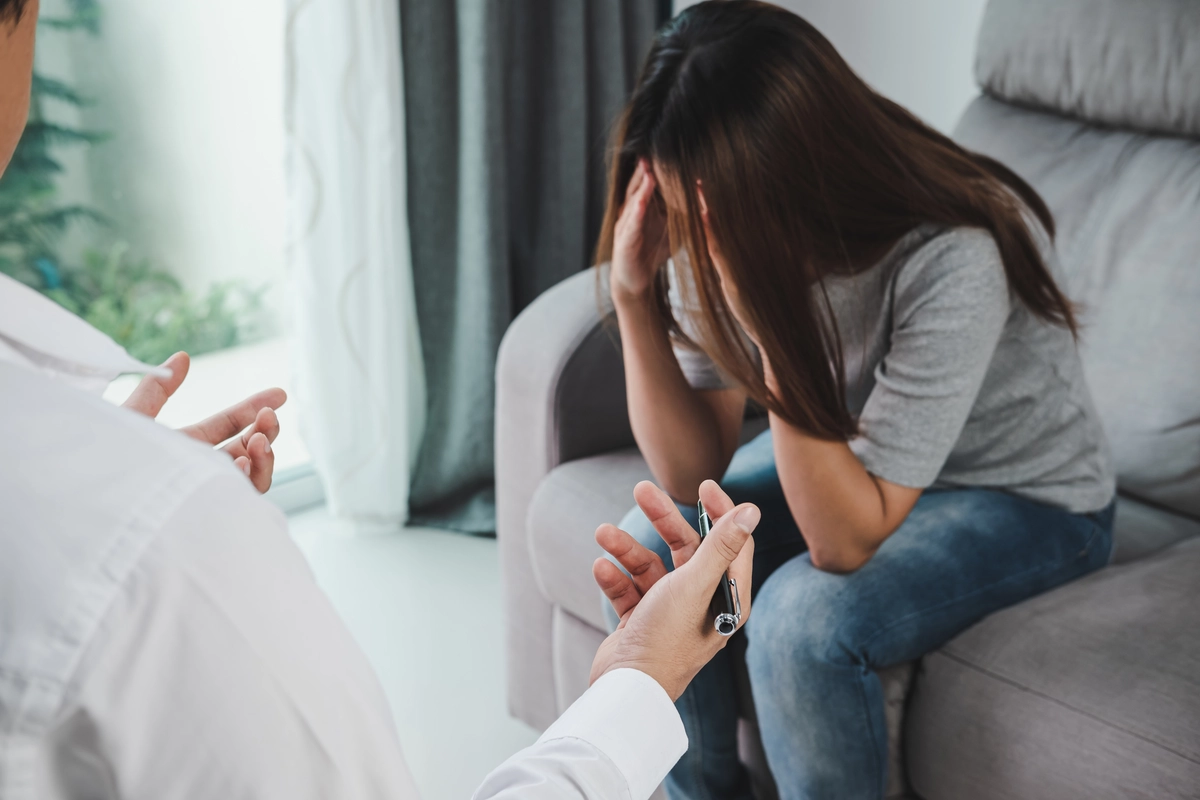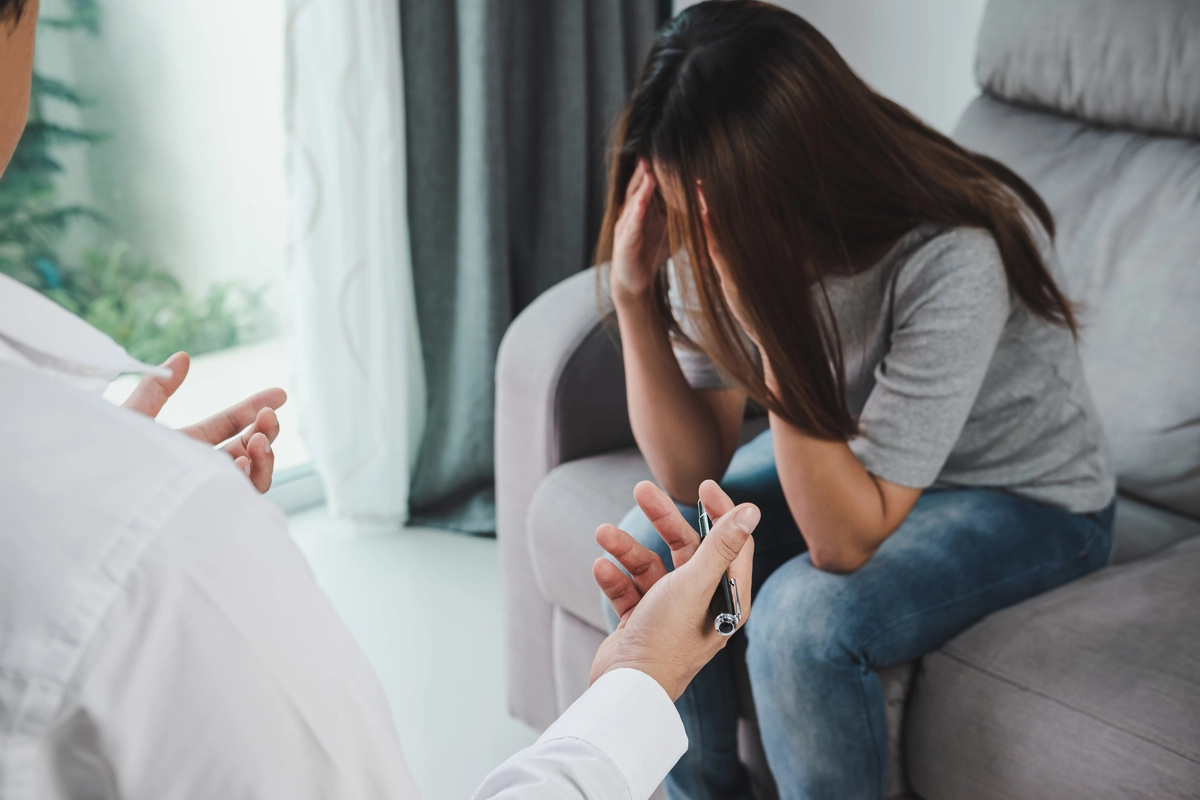24/7 Helpline:
(866) 899-221924/7 Helpline:
(866) 899-2219
Learn more about Eating Disorder Treatment centers in Greentown
Eating Disorder Treatment in Other Cities

Other Insurance Options

MHNNet Behavioral Health

Group Health Incorporated

Horizon Healthcare Service

Health Partners

Health Net

Optum

United Health Care

MVP Healthcare

Oxford

Evernorth

BlueShield

Ambetter

Health Choice

Humana

WellPoint

Aetna

Holman Group

Highmark
Beacon

UnitedHealth Group


The Gilead House
The Gilead House is a Non-Profit rehab center located in Indianapolis, IN. The Gilead House speciali...

Four County Counseling Center
4C Health Solutions is a dual diagnosis behavioral health treatment center located in Kokomo, IN. Wi...

First City Recovery Center
Freedom is within reach at First City Recovery Center. Based out of Kokomo, Indiana, FCRC offers a f...

Community Howard Behavioral Health Services
Community Howard Behavioral Health Services offers the complete realm of behavioral care to treat th...






























AA – Alcoholics Anonymous
AA – Alcoholics Anonymous is a private rehab located in Kokomo, Indiana. AA – Alcoholics Anonymous s...














